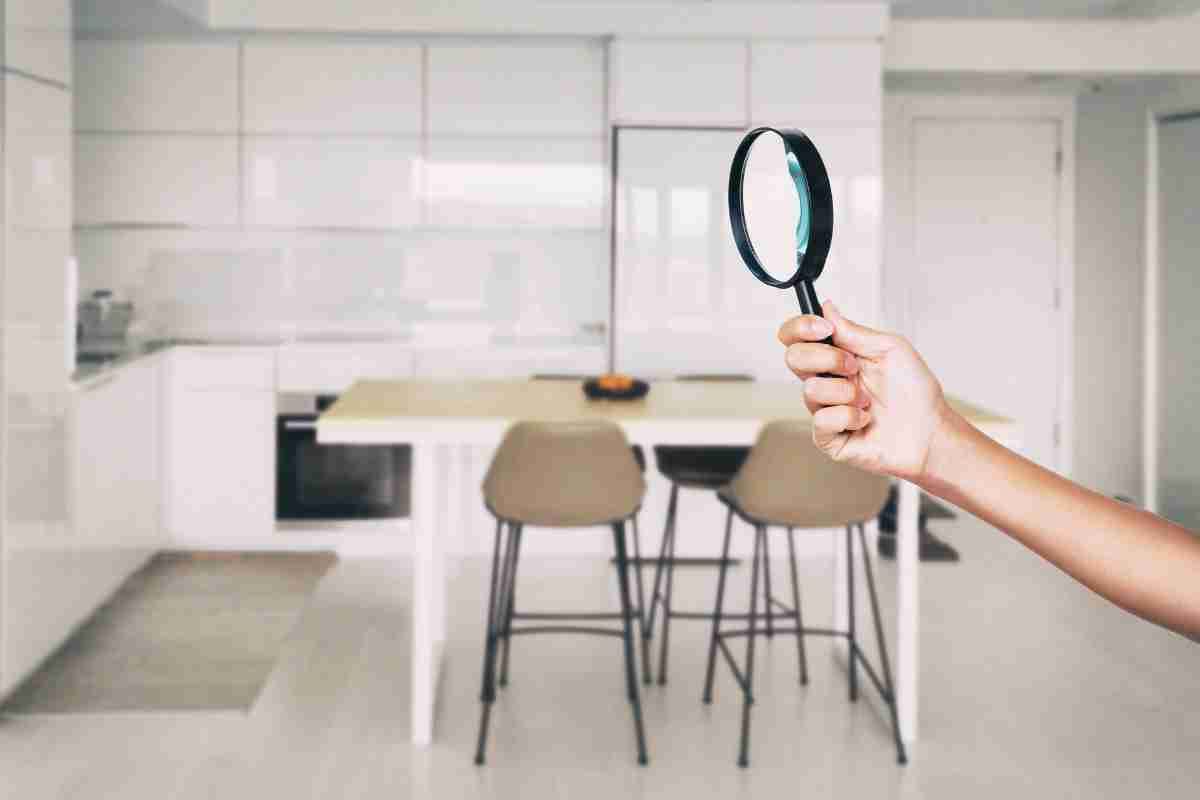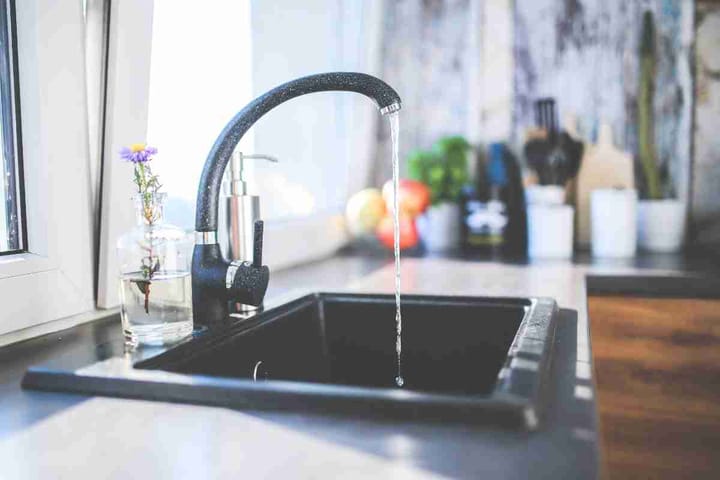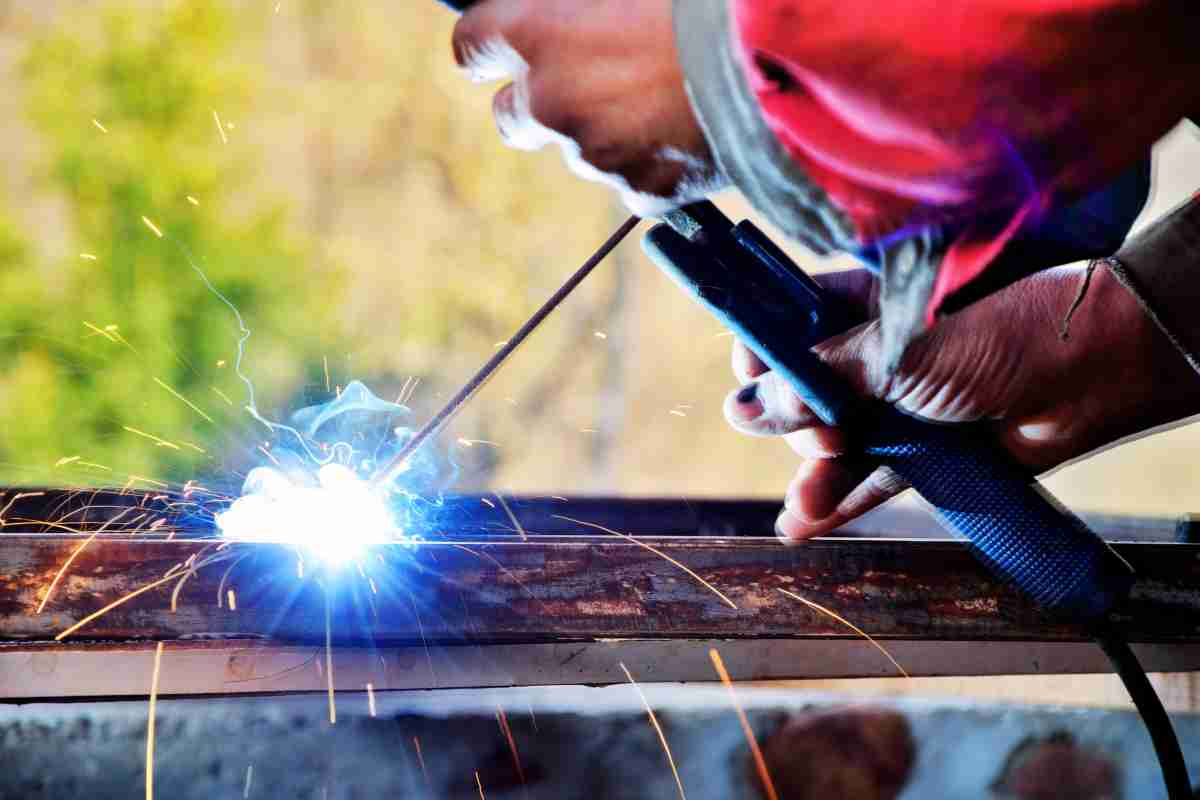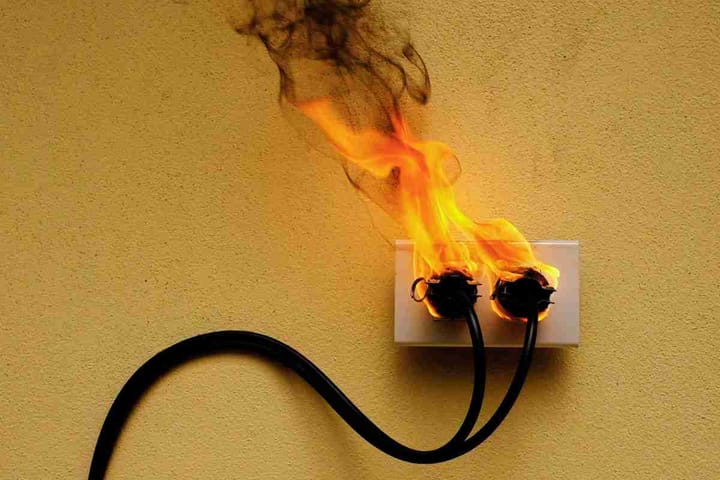Why You Should Never Skip Home Inspection on a New Build
Even new homes can have hidden issues from rushed construction. A thorough inspection helps avoid costly problems and protects your peace of mind and wallet.

When you’re about to buy a shiny new home, it’s easy to think, “Hey, it’s brand new! What could possibly go wrong?” Well, even brand-new houses can have issues lurking behind those fresh walls and gleaming surfaces. Construction mistakes, rushed schedules, or even overlooked details can lead to problems that could take a nice chunk out of your peace of mind (and your wallet) down the line.
Protect Your Investment
Investing in a new home is a big deal, and you want to make sure you’re protected; that’s where the home inspection process comes in. It provides you with a complete rundown on the condition of your new home. Experienced home inspectors know exactly what to look for, from structural concerns to plumbing quirks. If they uncover any hidden issues early on, you have the opportunity to get them sorted out before closing or negotiate repairs or compensation from the builder.Some common flaws that home inspectors often find in new builds include:
- Poorly Installed Windows and Doors: Gaps that can let air in, leading to energy inefficiency.
- Flashing Issues: Improperly installed flashing around roofs, windows, and doors can lead to leaks.
- Inadequate Insulation: Missing insulation or poorly insulated areas can affect energy costs.
- Electrical Wiring Problems: Unfinished or incorrectly installed wiring that doesn’t meet code.
- Plumbing Leaks: Loose fittings or improperly installed pipes that might cause future leaks.
- Unfinished Landscaping: Drainage problems or grading issues that could lead to water pooling.
Repairs and SellersWhen you’re buying a home, it’s crucial to keep in mind that sellers aren’t obligated to fix every little thing that pops up during the inspection. Sure, they might address major issues that potentially scare off buyers or could hinder the sale altogether, like significant plumbing problems or structural concerns, but don’t be surprised if minor repairs or cosmetic details are simply brushed aside.

Things like a few chipped tiles, scuffed walls, or even fixtures might not make the cut for repairs, as sellers often see them as trivial compared to larger problems. That said, it’s important to remember that there is still room for negotiation - in other words, if the inspection reveals issues that you feel should be addressed, or if you sense that the repairs are crucial to your comfort or safety, you can definitely bring these up with the seller. Being prepared for this step means you should have a clear idea of what’s important to you, and what you’re willing to negotiate on.
A home inspection spots potential problems but it also gives you that much-needed peace of mind. When you know your new house has been thoroughly checked out, you can settle in without that nagging worry about what might be hiding beneath the surface. You’ll be free to enjoy your new space and create memories without stress hanging over your head. So, even if everything looks perfect when you walk through the door, having a qualified inspector take a close look is more than worth it




Comments ()